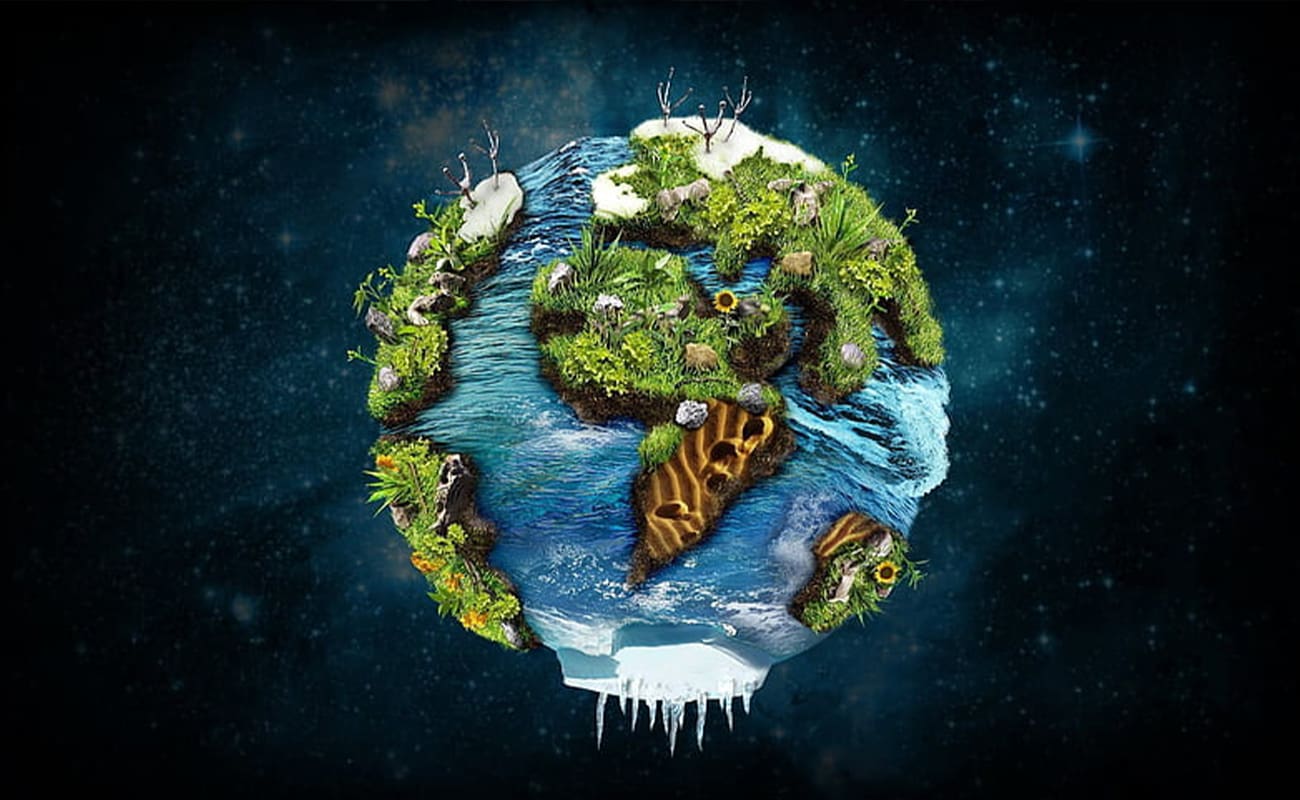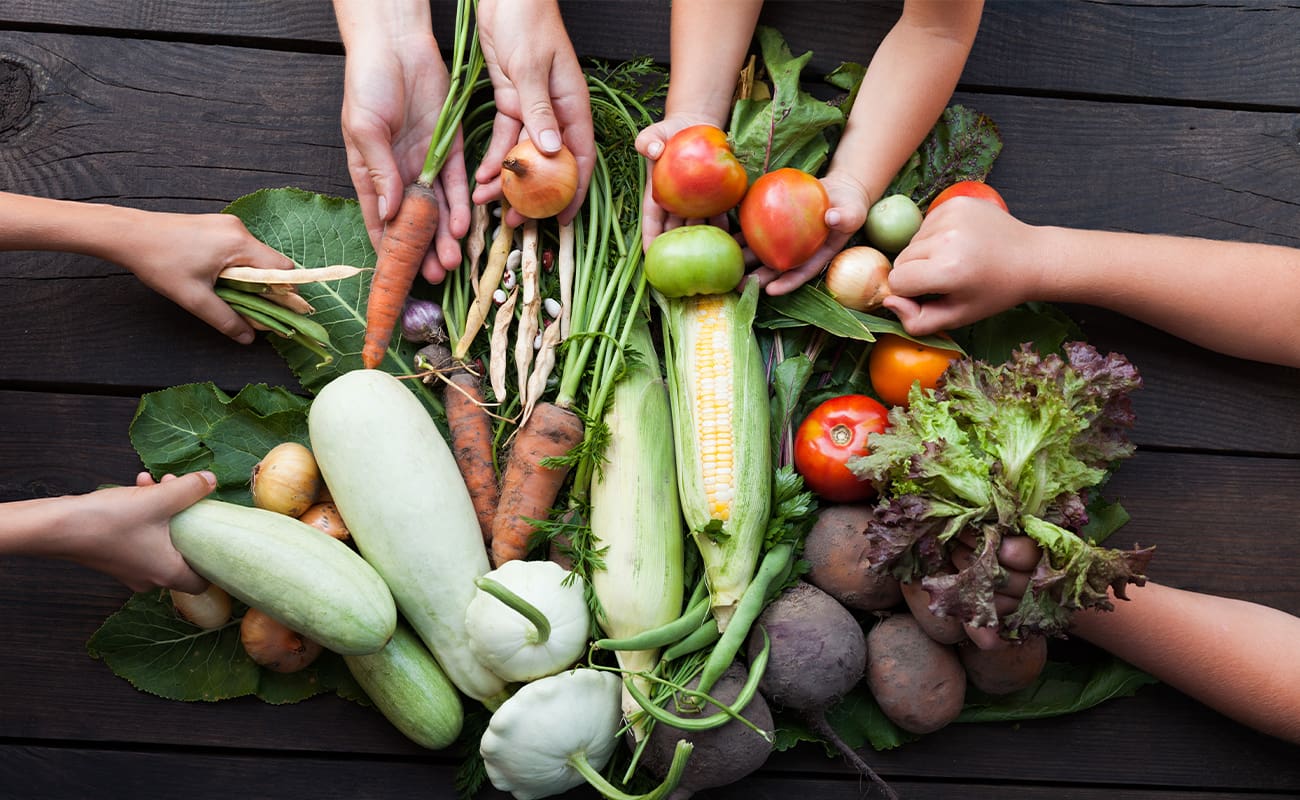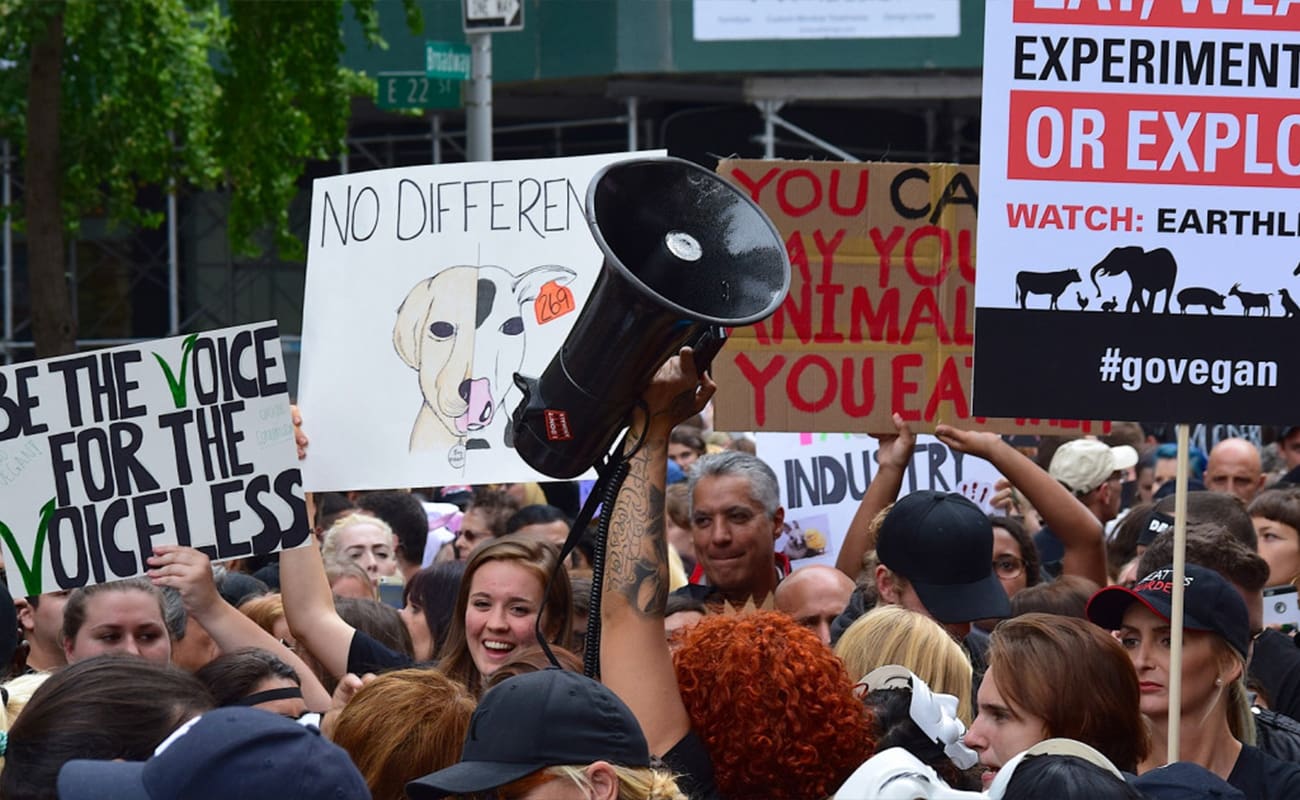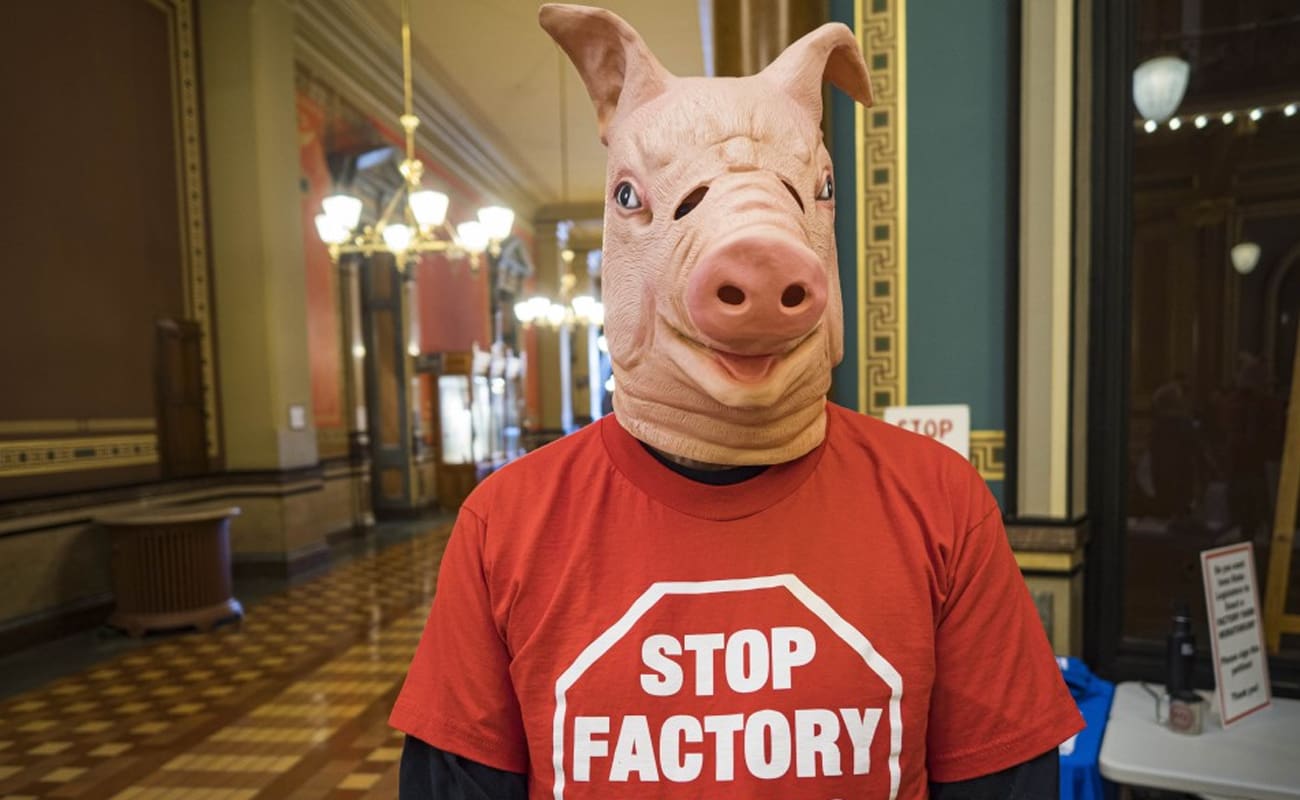Take Action ew cih e ku hişmendî vediguhere hêzê. Ev kategori wekî nexşerêyek pratîkî ji bo kesên ku dixwazin nirxên xwe bi kiryarên xwe re li hev bikin û bibin beşdarên çalak di avakirina cîhanek dilovantir û domdartir de xizmet dike. Ji guhertinên şêwaza jiyana rojane bigire heya hewldanên parêzvaniyê yên di asta mezin de, ew rêyên cihêreng ên ber bi jiyana exlaqî û veguherîna sîstemîk ve vedikole.
Ev kategori, ku rêzek berfireh ji mijaran vedihewîne - ji xwarina domdar û xerîdariya hişmend bigire heya reformên qanûnî, perwerdehiya giştî û seferberiya bingehîn - amûr û têgihîştinên pêwîst ji bo beşdariya watedar di tevgera vegan de peyda dike. Çi hûn parêzên nebatî vedikolin, fêr dibin ka meriv çawa di nav efsane û têgihiştinên xelet de rêve dibe, an jî rêberiyê li ser tevlêbûna siyasî û reforma polîtîkayê digerin, her binbeş zanîna çalak pêşkêşî dike ku li gorî qonaxên cûda yên veguheztin û tevlêbûnê hatî çêkirin.
Ji bangek ji bo guhertina kesane bêtir, Take Action hêza rêxistinkirina civakê, parêzvaniya sivîl û dengê kolektîf di şekildana cîhanek dilovantir û dadperwertir de ronî dike. Ew tekez dike ku guhertin ne tenê gengaz e - ew jixwe diqewime. Çi hûn nûhatî bin ku li gavên hêsan digerin, an jî parêzvanekî xwedî ezmûn bin ku ji bo reformê zextê dike, Take Action çavkanî, çîrok û amûrên pêwîst peyda dike da ku bandorek watedar îlham bike - îspat dike ku her hilbijartinek girîng e û bi hev re, em dikarin cîhanek dadmendtir û dilovantir biafirînin.
Hilbijarkên xwarinê yên ku em çê dikin bandorek kûr li ser tenduristiya planeta me heye. Bi veguheztina parêzek kesk, em dikarin alîkariyê biguhezînin şerê avhewa, vexwarina çavkaniyê kêm bikin, û biyolojî biparêzin. Ji bo ku hûn xwarinên nebatî yên ji bo piştgirîkirina kiryarên cotkariyê yên domdar, her biryar di avakirina pêşerojek eko-heval de ne. Vê gotarê lêkolîn dike ka guhartinên xwarina hêsan çawa dikare domdariya jîngehê pêşve bixe Pêngavên pratîkî vedîtin da ku hûn plakaya xwe bi hewcedariyên planet re bicîh bikin û beşdarî guhertina guhertina erênî bibin


























































